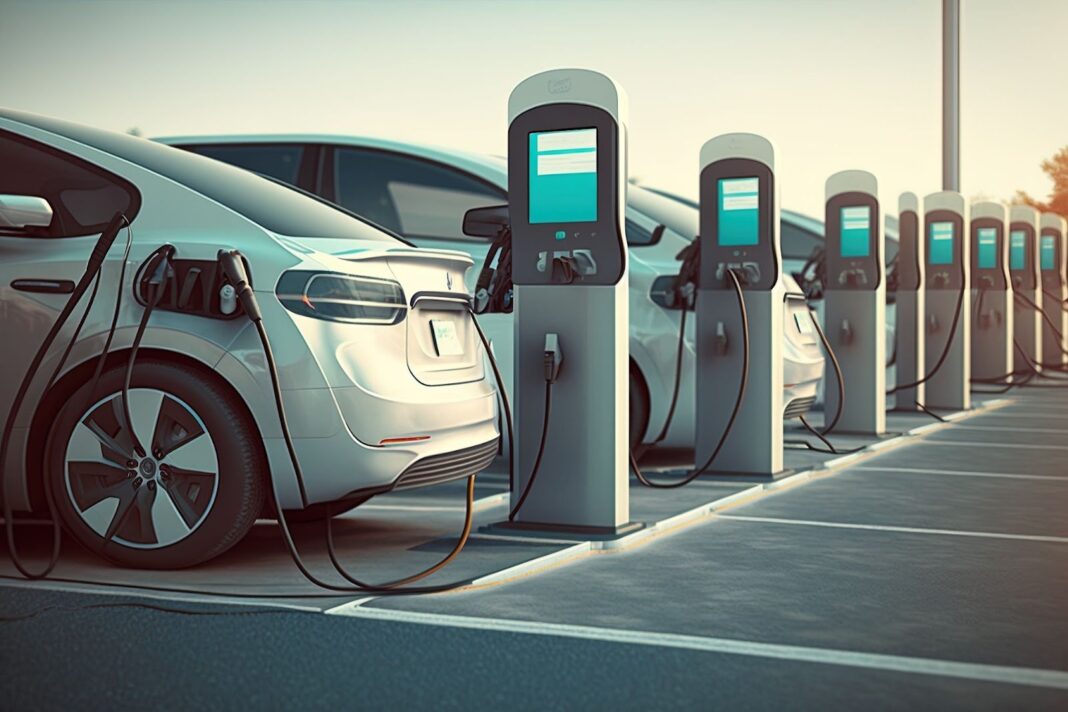The convenience of having an electric vehicle cannot be denied, yet, having this luxury in Ghana might not seem worth it with the constant power outages in Ghana today. Electric vehicles (EVs) are battery-powered and equipped with electric motors and components. Some run on a combination of energy and fuel, while others are completely electric. EVs can only be refueled using power, and outlets do not work during blackouts. EVs, on the other hand, can be charged using alternative methods, and stored energy can be returned to the power grid for general consumption, which could be useful during emergencies or extreme weather conditions.
Recently, due to unusual power surges and alleged fuel shortages, rampant power outages have become the norm. That means if you own an electric vehicle in Ghana today, this will get you frustrated and sometimes, stranded, as you figure out other alternatives to keep your vehicle charged, especially if it is the only means of transport you have. Here are a few ways you can charge your EV when your power is out:
Solar panels: In times of power outage, electricity can be generated from renewable resources. Your EV may be charged thanks to solar panels, which turn sunlight into power. You may charge your EV at home if you have a solar power system. Even in the event of an outage, a well-equipped solar system with battery storage can supply electricity. For reliable charging, some EV owners employ solar panels connected to a home energy storage system or install specialized solar EV chargers.

Generator: Since a generator’s main purpose is to supply electricity during blackouts, many individuals keep one on hand. It’s a good short-term substitute. Your EV can be charged in an emergency using a portable or standby generator. The generator must have enough capacity to charge an EV efficiently; generally speaking, a generator with a 240V output is ideal. Because they provide cleaner energy that won’t damage your EV’s charging system, inverter generators are better.
Stored energy: Because grid-scale batteries store extra energy until needed, they can supply electricity in such circumstances. In the event of a blackout, you can use stored energy to charge your EV if you have a home battery backup system, like a Tesla Powerwall or similar storage option. Battery storage systems are especially helpful since they guarantee continuous charging and household energy consumption by automatically supplying electricity in the event of a grid outage. Despite the recent nationwide power disruptions, EV charging stations can use this method to assist vehicle owners and facilitate their use.
Ghana’s frequent power outages shouldn’t make it difficult for EV owners to operate their vehicles with the lights off. Owning an electric car in Ghana can be difficult, but it can be worthwhile with planning and an intelligent investment.




